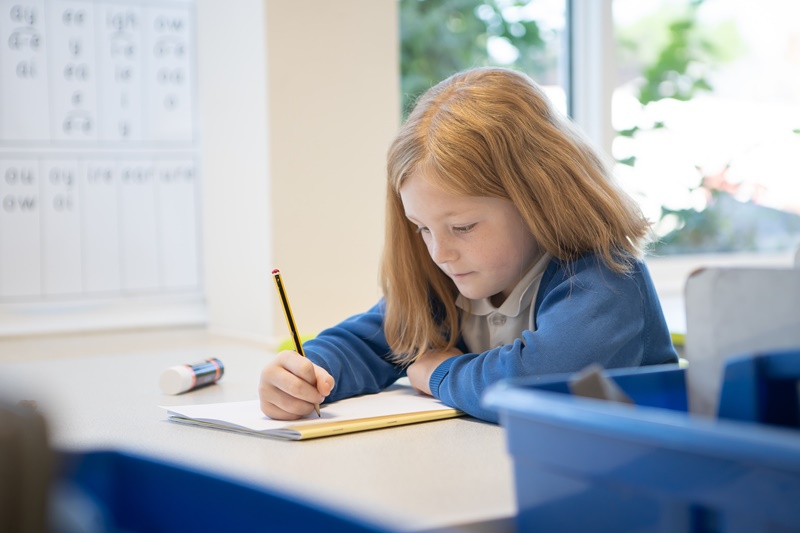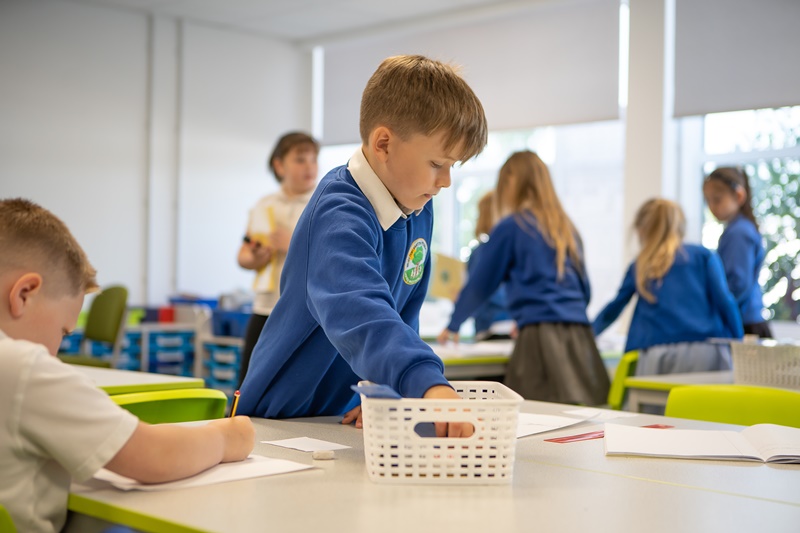Religious Education
The Religious Education Curriculum at Whipton Barton Federation aims to ensure children explore what people believe and what difference this makes to how they live. This means that pupils can gain the knowledge, understanding and skills needed to handle questions raised by religion and belief, reflecting on their own ideas and ways of living.
Children in our Reception classes are prepared for future RE learning throughout their everyday curriculum. As they learn alongside each other, they learn tolerance, kindness and sensitivity. Children are always encouraged to ask questions, articulate their ideas and listen to others’ opinions in a respectful manner. Children are always encouraged to ask questions, articulate their ideas and listen to others’ opinions and beliefs in a respectful manner. Throughout the year, children discuss their families and special events in their lives; they share how they celebrate events and begin to understand that there are differences between the way in which families live. They look at what makes them unique and what makes their friends just as unique. Through the year they have focus weeks on religious celebrations from a variety of religions. Through linked texts, they learn about special stories, dress, customs and places of worship. In the second half of the Spring term, they learn about the lives of people in Africa and make comparisons to their own lives and way of living. Through SMSC assemblies children learn that different communities have different ideas, values and identities. Children move to Year 1 with a firm foundation of understanding; it is this understanding that will prepare them for the next stage of their RE learning.


RE is taught for one hour a week in every Key Stage One and Key Stage Two class. Each unit is planned in detail and will develop the skills below:
- Children can ask challenging questions about meaning and purpose in life, beliefs about God, ultimate reality, issues of right and wrong and what it means to be human.
- Children have knowledge about religions and beliefs in local, national and global contexts.
- Children can weigh up the value of wisdom from different sources.
- Children can agree or disagree respectfully.
- Children can articulate clearly and coherently their personal beliefs, ideas, values and experiences while respecting the right of others to differ.
- Children can develop their ideas, values and identities.
- Children can participate positively in our society, with its diverse religions and beliefs.
At Whipton Barton Federation, we believe that it is vital for all our pupils to learn from and about religion, so that they can understand the world around them. Through Religious Education, pupils develop their knowledge of the world faiths, and their understanding and awareness of the beliefs, values and traditions of other individuals, societies, communities and cultures. We encourage our pupils to ask questions about the world and to reflect on their own beliefs, values and experiences. Teachers plan Religious Education lessons in 'blocks' so learning can progress over the course of a number of days. We enhance our religious curriculum with trips to various places of worship. Children complete termly reflections on the unit of RE that they have been learning and will write answers to philosophical/open questions. We use the Plymouth, Devon and Torbay Locally Agreed Syllabus to inform the RE curriculum.
